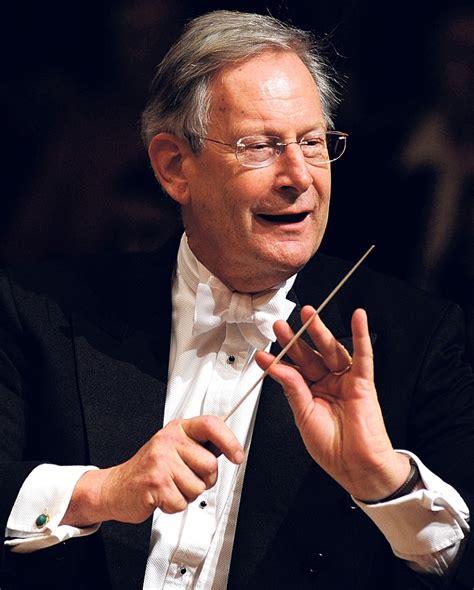A Quote by Sathya Sai Baba
Seek your own Reality, That is what a wise man should do.
Related Quotes
He told me not to seek revenge, but to seek the Buddha,' said the fox spirit, sadly. 'Wise counsel,' said the fox of dreams. 'Vegeance can be a road that has no ending. You would be wise to avoid it. And...?' 'I shall seek the Buddha,' said the fox, with a toss of her head. 'But first I shall seek revenge.
No man is so foolish but may give another good counsel sometimes; and no man is so wise, but may easily err, if he will take no others counsel but his own. But very few men are wise by their own counsel; or learned by their own teaching. For he that was only taught by himself had a fool to his master.
If one does not make human knowledge wholly dependent upon the original self-knowledge and consequent revelation of God to man, then man will have to seek knowledge within himself as the final reference point. Then he will have to seek an exhaustive understanding of reality. He will have to hold that if he cannot attain to such an exhaustive understanding of reality he has no true knowledge of anything at all. Either man must then know everything or he knows nothing. This is the dilemma that confronts every form of non-Christian epistemology
It is ignorance that is at times incomprehensible to the wise; for instance, he may not see 'the positive person' or 'the negative person' in a black and white way as many people do. A wise man may not understand it because, as a catalyst of wisdom, but not wise in his own eyes, even he can learn from and give back to fools. To think that an individual has absolutely nothing to offer to the table is counter-intuitively what the wise man considers to be 'the ignorance of hopelessness'.
It is not enough merely to exist. It's not enough to say, "I'm earning enough to support my family. I do my work well. I'm a good father, husband, churchgoer." That's all very well. But you must do something more. Seek always to do some good, somewhere. Every man has to seek in his own way to realize his true worth. You must give some time to your fellow man. Even if it's a little thing, do something for those who need help, something for which you get no pay but the privilege of doing it. For remember, you don't live in a world all your own. Your brothers are here too.









































